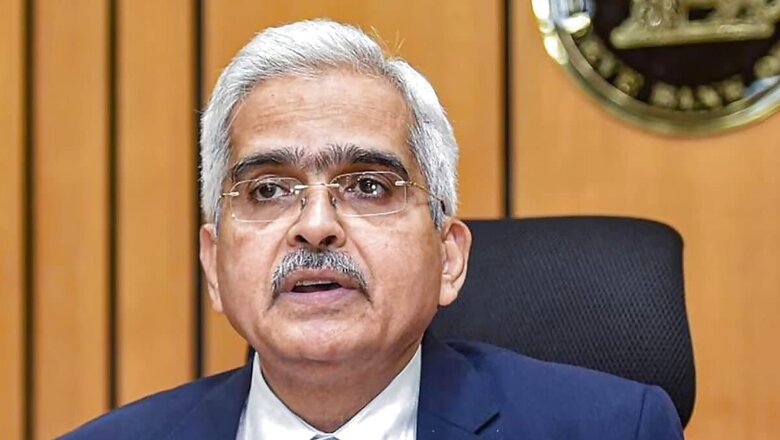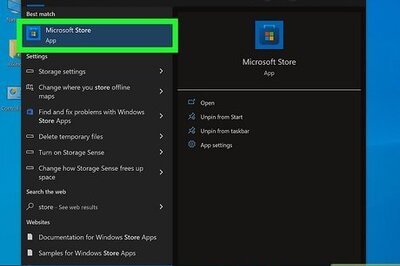
views
Reserve Bank of India’s Governor Shaktikanta Das on Wednesday said the frequent food price spikes pose a risk to anchoring of inflation expectations and called for timely supply side measures to limit such shocks. He added that vegetable prices in India have begun to soften and are likely to decline from September.
Das said the spike in vegetable prices in July is starting to see a correction, led by tomato prices, pointing out that new arrivals are already softening prices.
“We expect to see an appreciable slowdown in vegetable inflation from September,” he said, adding that the progress of monsoon in July has upped the prospects for the summer crop.
He also welcomed the “proactive supply management” in the case of onions.
Delivering the Lalit Doshi Memorial Lecture in Mumbai, Das said vegetable price shocks are short term in nature and the monetary policy can wait for the “dissipation” of the first-round effects of the current spate of shocks.
The headline inflation came down to 4.3 per cent in May but has since been rising, and also breached the upper tolerance level of 6 per cent in July because of the jolt from vegetable prices, particularly tomatoes.
“The frequent incidence of recurring food price shocks pose a risk to anchoring of inflation expectations, which has been underway since September 2022,” Das said and stressed that the RBI will be watchful on this front.
“The role of continued and timely supply side interventions assumes criticality in limiting the severity and duration of such shocks,” he said.
He also reiterated that the RBI will remain firmly focused on aligning inflation to the target of 4 per cent and the interest rates are likely to stay elevated in the country for long.
The RBI has been opting for status quo on rates in recent months after tightening them since mid-2022 as a response to the runaway inflation.
According to many watchers, the consumer price inflation is expected to come above 6 per cent in August as well.
However, rainfall has moved into the deficit territory again and was 7 per cent below the average as of August 21, he said, adding that sudden weather events, El Niño conditions and renewed geopolitical tensions present uncertainty to the food prices outlook.
(With agency inputs)




















Comments
0 comment